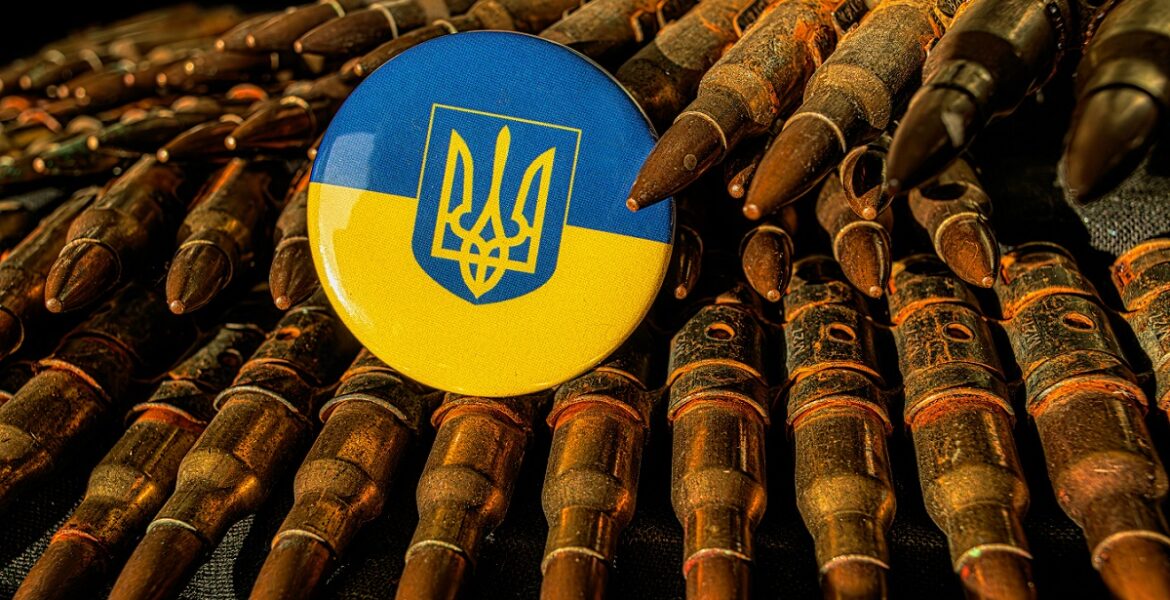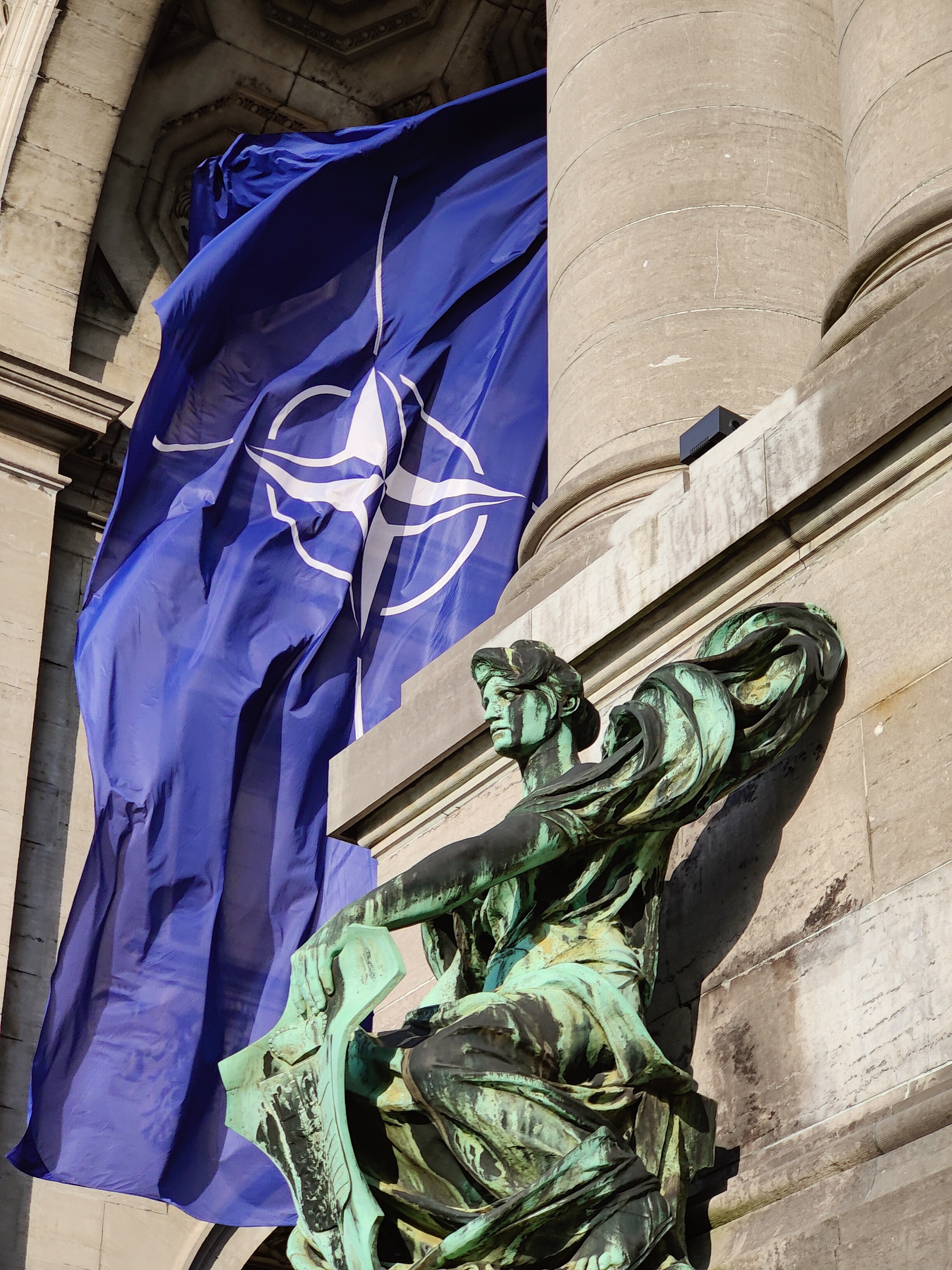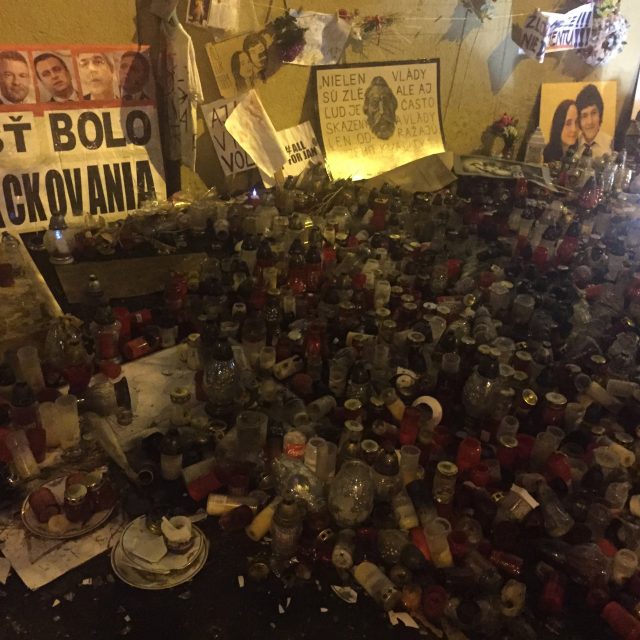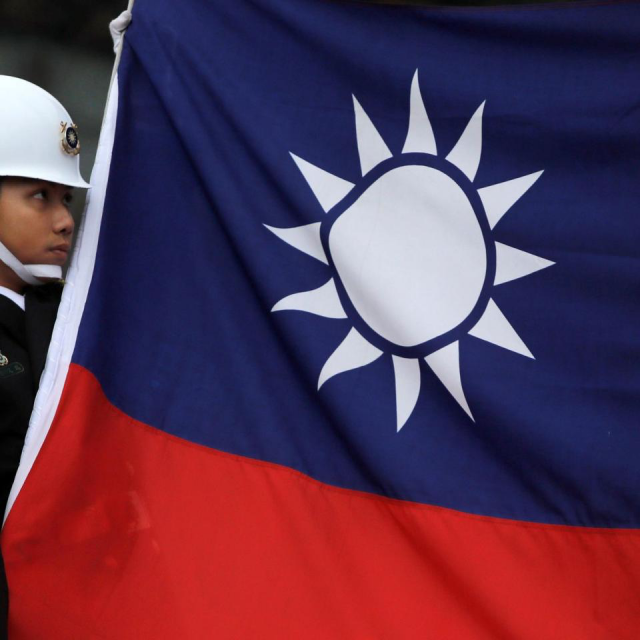Photo by Marek Studzinski on Unsplash
As Europe marks the anniversary of the end of the Second World War, we are reminded of Ukraine’s critical role in securing victory over Nazism – and of the striking parallels between that historic struggle and today’s war against Russian aggression. Once again, Ukraine finds itself on the front line of a battle between tyranny and freedom.
During World War II, Ukrainians were among the key contributors to the defeat of Nazi Germany. Over 6 million Ukrainian soldiers, officers, and sergeants served in the ranks of the Soviet military, including more than 200 generals and seven front commanders of Ukrainian origin. They fought bravely not only in the Red Army but also alongside Western Allies and in resistance movements. The cost of this contribution was staggering: between 10 and 14 million Ukrainians lost their lives in the fight against fascism. Ukraine’s territory was one of the main battlegrounds of the war, suffering the brunt of Nazi occupation and brutality.
However, history did not end with victory in 1945. While the world believed Nazism had been defeated, the post-war Soviet Union – initially an ally of Nazi Germany during the infamous Molotov-Ribbentrop Pact – capitalised on the outcome to entrench its own form of totalitarianism. Today’s Russian Federation has inherited and evolved that imperial ideology in many ways. The modern manifestation of this – what many Ukrainians and analysts term “rashism,” a portmanteau of “Russian fascism” – bears chilling similarities to the fascism of the 20th century: militarism, expansionism, dehumanisation of others, and the systemic suppression of freedom.
The full-scale invasion of Ukraine in 2022 marked not just a renewed act of aggression but the largest armed conflict in Europe since World War II. Russian forces have committed widespread war crimes and atrocities that echo or surpass those committed by the Nazis. Civilians have been deliberately targeted, cities have been obliterated, and entire communities have been subjected to forced displacement and terror. Yet, the Russian regime continues to cynically manipulate the legacy of World War II, distorting historical truth to justify present-day crimes—particularly in the lead-up to Russia’s hypocritical 9 May commemorations.
Meanwhile, Ukrainians are once again fighting alongside the free world, defending not just their homeland but also the principles of sovereignty, human dignity, and peace that underpin European unity. Just as they resisted Nazism, today they stand against a new tyranny. Ukraine is not a buffer or periphery but an integral part of the European democratic family.
The slogan “Never Again” has guided decades of remembrance across the continent. However, for the third consecutive year, Europe reflects on the Second World War amid a new and brutal conflict on its soil. The cost of ignoring rising authoritarianism has become painfully clear. Russian constitutional changes in 2020 effectively turned Putin into a president for life, accelerating Russia’s descent from autocracy into total dictatorship. The state that once claimed to be a liberator in 1945 is now an aggressor, an enabler of terrorism, and a threat to global peace.
The war in Ukraine is not merely a regional conflict; it represents a defining moment for Europe and the world. Similar to 1945, the free world’s response will shape our continent’s future. Ukrainians have displayed extraordinary courage and resilience; their fight is ours. Their struggle resonates with the spirit of resistance that once united Europe during its darkest times.
Let us honour not only the memory of past heroes, but also the bravery of those who resist tyranny today. Europe must stand united – in remembrance, in support, and in action.




